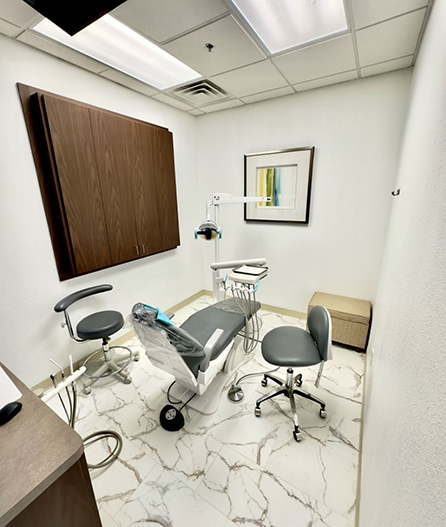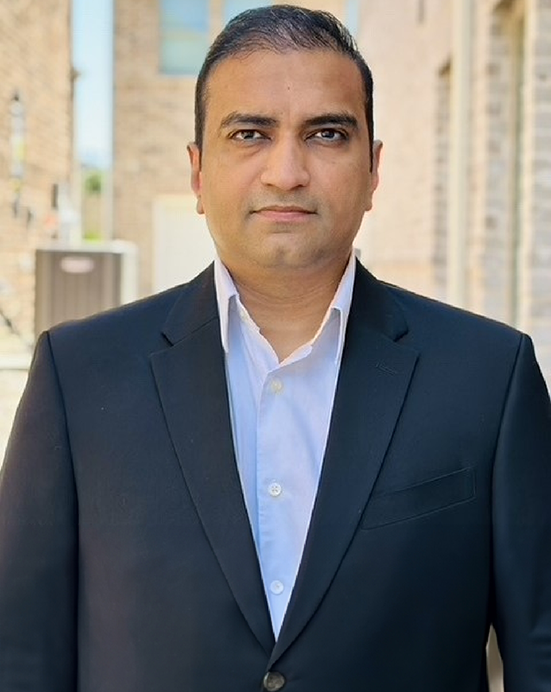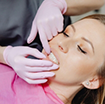How Do I Make an Appointment?
For your convenience, we offer many ways to schedule an appointment. You can book online, call us anytime, or even send us an email. Feel free to let us know if you have any questions you’d like answered before making an appointment!
Do You Offer Second Opinions?
Sometimes, whether you’re unsure about a recommended procedure or simply want another expert’s perspective, seeking a second opinion can provide valuable peace of mind. Dr. Gadhiya is happy to listen to your concerns, conduct a thorough examination, and offer personal recommendations to help you make the best decision for your oral health.
How Often Should I Go to the Dentist?
Your dental care schedule depends on your specific needs, but generally speaking, most patients need to attend a checkup and cleaning every six months, with X-rays taken annually. We’ll assess your oral health and let you know how often you should visit our office, and we’ll even help keep you on track by sending you phone, text, or email reminders.
What Does My Dental Insurance Cover?
The coverage provided by your dental insurance plan can vary, so it’s always a good idea to contact your company to confirm the details of your plan before seeking treatment. Our experienced treatment coordinators are here to help review your plan with you and explain things such as maximums, deductibles, and coverage for different service categories. This lets you make informed decisions while maximizing your benefits!

















